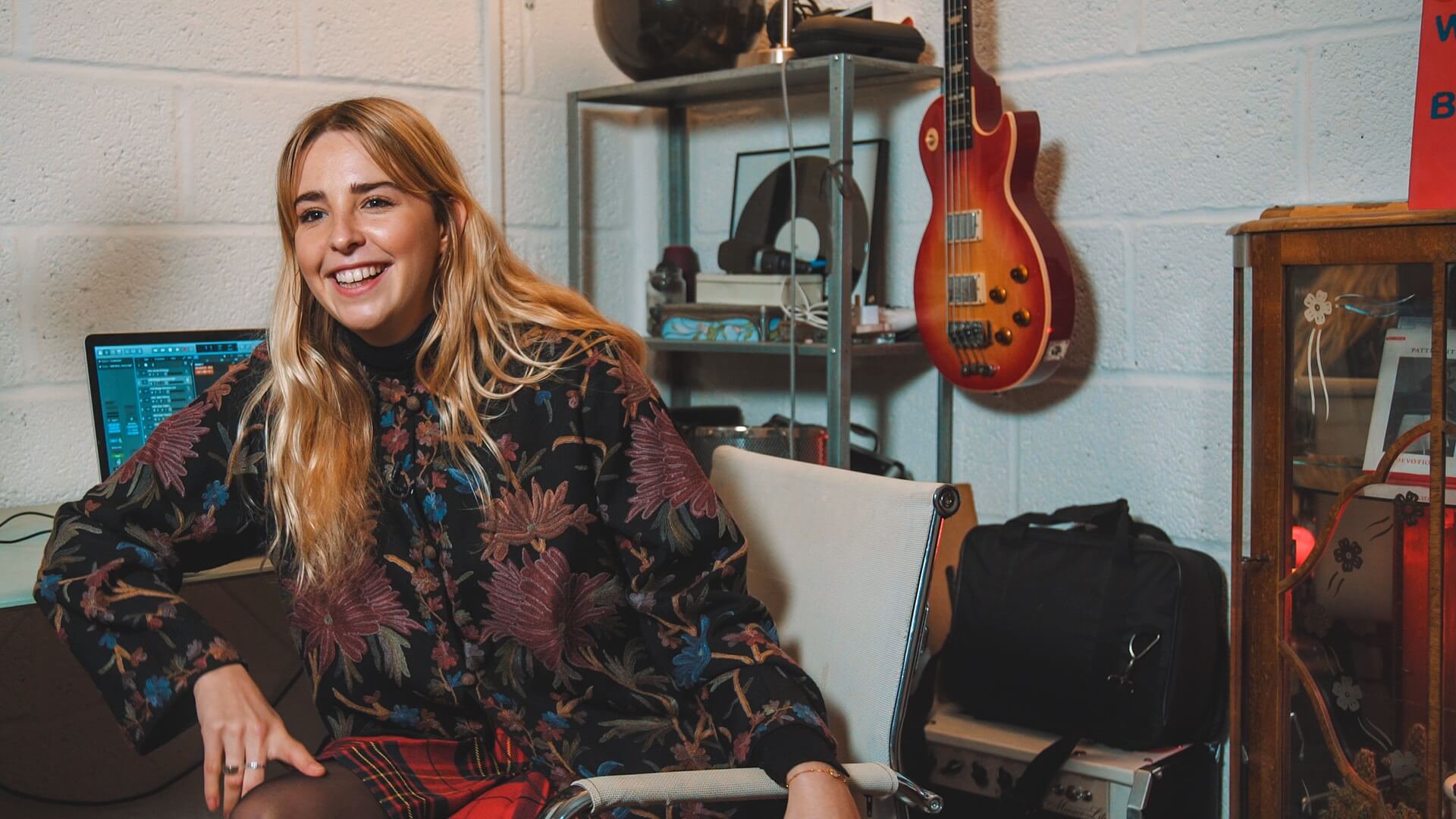Scenario 1: “I have a new song idea. Now what?”
Whether you have lyrics and an overall sound in mind or a more defined vocal melody and basic chord progression that you want to build on, this section is for you.
Many singer/songwriters have phones full of voice-memo demos and tattered notebooks full of lyrical ideas for songs. Documenting moments of inspiration is often the easy part while choosing an idea to develop and knowing where to begin often proves to be difficult for artists working alone.

As a producer, I prefer to work with singer/songwriters as early on in the production process as possible with the intent of helping them avoid common pitfalls like thinking too far ahead about certain details or feeling overwhelmed by seemingly endless options. Some artists prefer to work remotely with a producer and others prefer a more immersive production experience. Results are possible both ways if the artist remains focused and inspired .
My advice to artists who feel overwhelmed in developing their creative ideas: Find the right producer to help you organize your thoughts, refine your creative vision and work towards it. Also, ensure that you understand how to distinguish between arrangement, sound choices and the mix itself. It may seem elementary but understanding those aspects of production will improve communication between you and a co-writer or producer.
Scenario 2: “I have tracked everything. I just need a mix.”
If you have tracked everything you need for your song and want to outsource editing and mixing, this section is for you.
The most common reason why this scenario tends to be difficult for everyone involved is because self-producing artists often don’t know what they don’t know. That is to say they may not be fully aware of how professional mixing and mastering engineers work. When a self-producing artist tracks ideas, they are often not using quality tools, not working in ideal acoustic spaces or generally don’t understand some of the technical fundamentals of recording that ultimately define the potential of a mix.
It all starts with how well you can hear your recorded ideas reflected back to you. If you do not have above-average D/A conversion, accurate monitors and a controlled listening environment, you may not be in a position to objectively evaluate the quality of your recordings. Artists are sometimes surprised to hear me say that certain tracks are of poor quality and need to be re-tracked with my remote guidance or replaced with samples if they cannot travel to work with me in person.

Another reason why self-producing artists may find themselves at odds with a producer or mix engineer is because the artist put together a rough mix of a song using the final takes and got used to hearing it that way. The stated reason for doing so is always to show the mix engineer what they want because they want the final mix to sound “just like that but maybe 5% better.” An experienced producer or engineer should know this is a no-win situation. Once we “clean up” that one thing that bothers you, it will unmask more issues that were already there and it just goes on endlessly because artists grow quite attached to their own early mixes.
My advice to self-producing artists: Avoid creating a rough mix of your final takes. If you have one, take an extended break from it to clear your head before working with a professional producer or mix engineer. If you are that close to being happy with your mix, you would be much better off finding that last 5% of improvement on your own time. If you generally prefer to retain full control over your production process, you may still want to consult with a producer for an hour or two before you begin tracking. You may gain some insights that mitigate potential issues in later stages of production.
Scenario 3: “Build me a track and I will write lyrics to it.”
If you sing or rap and don’t know exactly what to expect in a collaboration with another creative on a pop, rap, trap, hip-hop or EDM song, this section is for you.

Track-builders or (as they are more commonly known) beat-makers who put loops and sequences together are essentially electronic musicians who sell their instrumental tracks (beats) or seek to actively collaborate with rappers or top-liners to finish their ideas. A beat-maker may mix the beat or song but familiarity with some engineering basics or production trends within a specific genre does not qualify someone as a professional producer.
Beat-makers who refer to themselves as “producers” have created a lot of confusion about what a producer really is. Historically speaking, a producer is an engineer before a musician, a project manager and overall champion for the artist. A producer is someone who can partner with an artist or band in any genre, to maximize results in any studio environment and help the artist realize their creative vision.
My advice to rappers and top-liners who want to collaborate: Avoid rushing into anything. Ask the beat-maker about their production process and goals. The beat-maker may want to mix and master the song or may feel more comfortable outsourcing the production work. Every situation is unique and so it’s worth taking time to find the right partner or team to work with.
Summary
Whether you have only a basic idea and need help producing it or have tracked your idea and need it mixed, finding the right producer to work with can save you real time, headaches and possibly money. You may also achieve far better results with your final master. Remember that a producer should always work in service of the song and the artist’s creative vision above all.

About the author
Stefan Konstantopoulos is a Nashville-based music producer, remote production consultant, mentor, and gear reviewer. Trained as an audio engineer, he is experienced in producing demos and commercial releases including music for sync.
Our Products
-
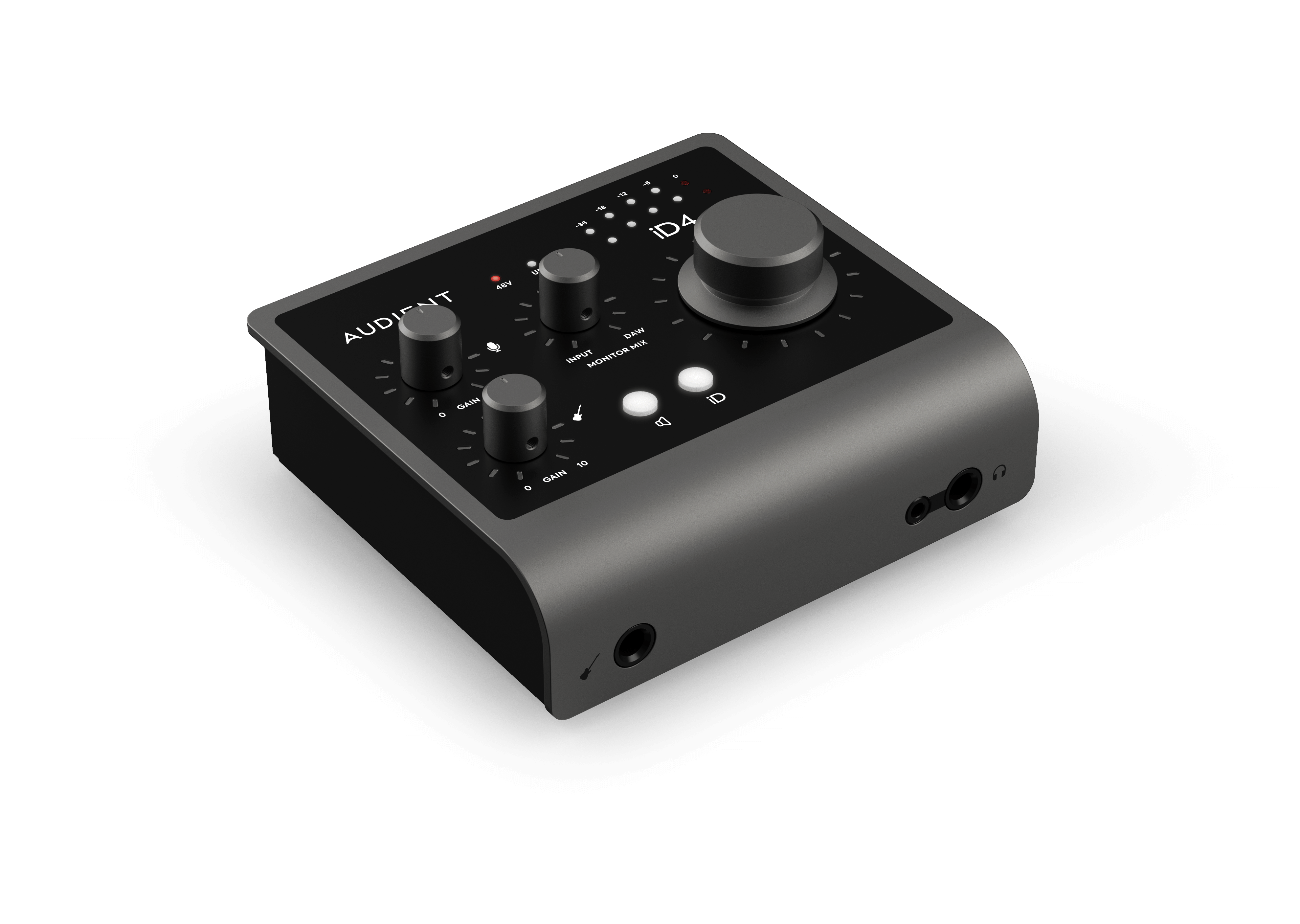
Interface audio 2 entrées - 2 sorties
-
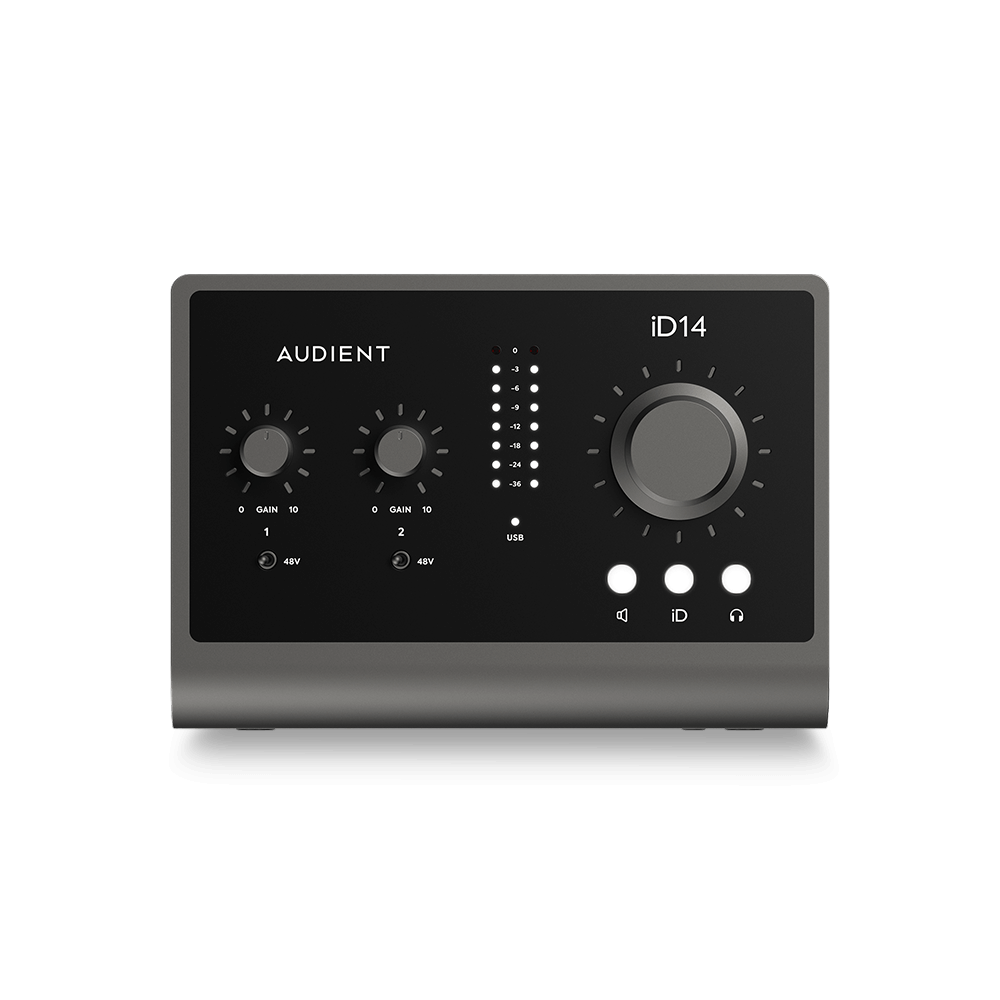
Interface audio 10 entrées - 6 sorties
-
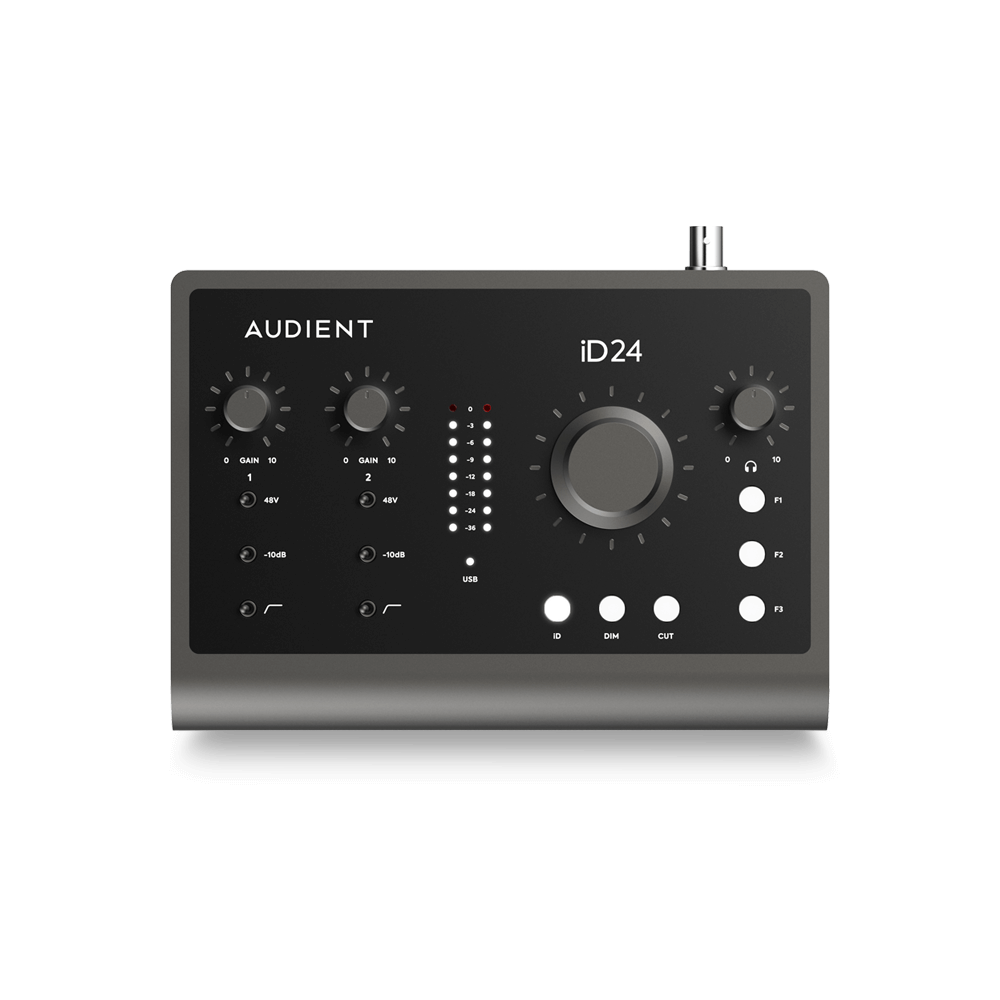
10in | 14out Audio Interface
-
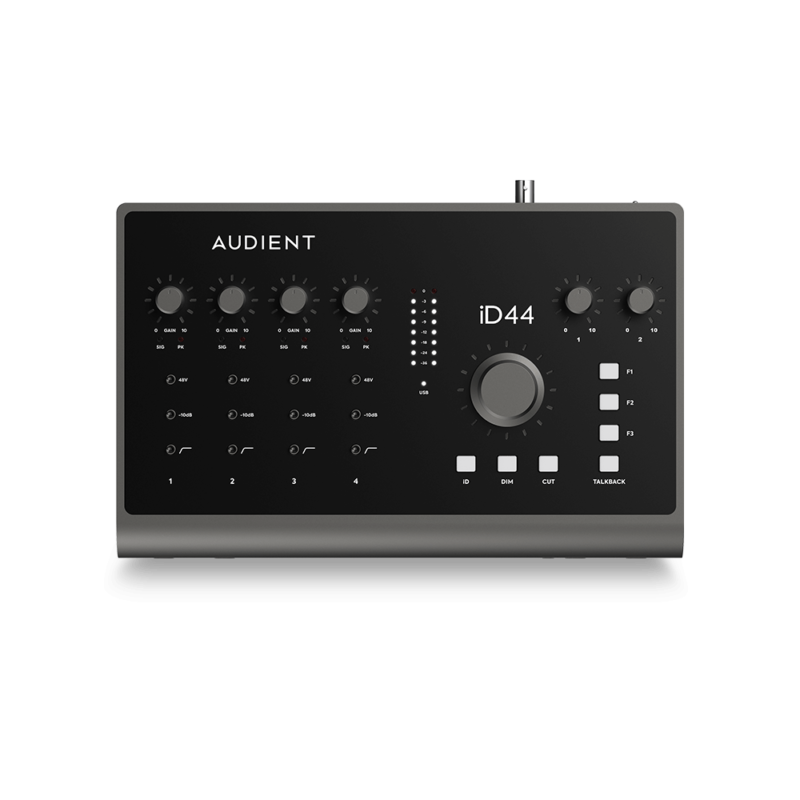
Interface audio 20 entrées - 24 sorties
-
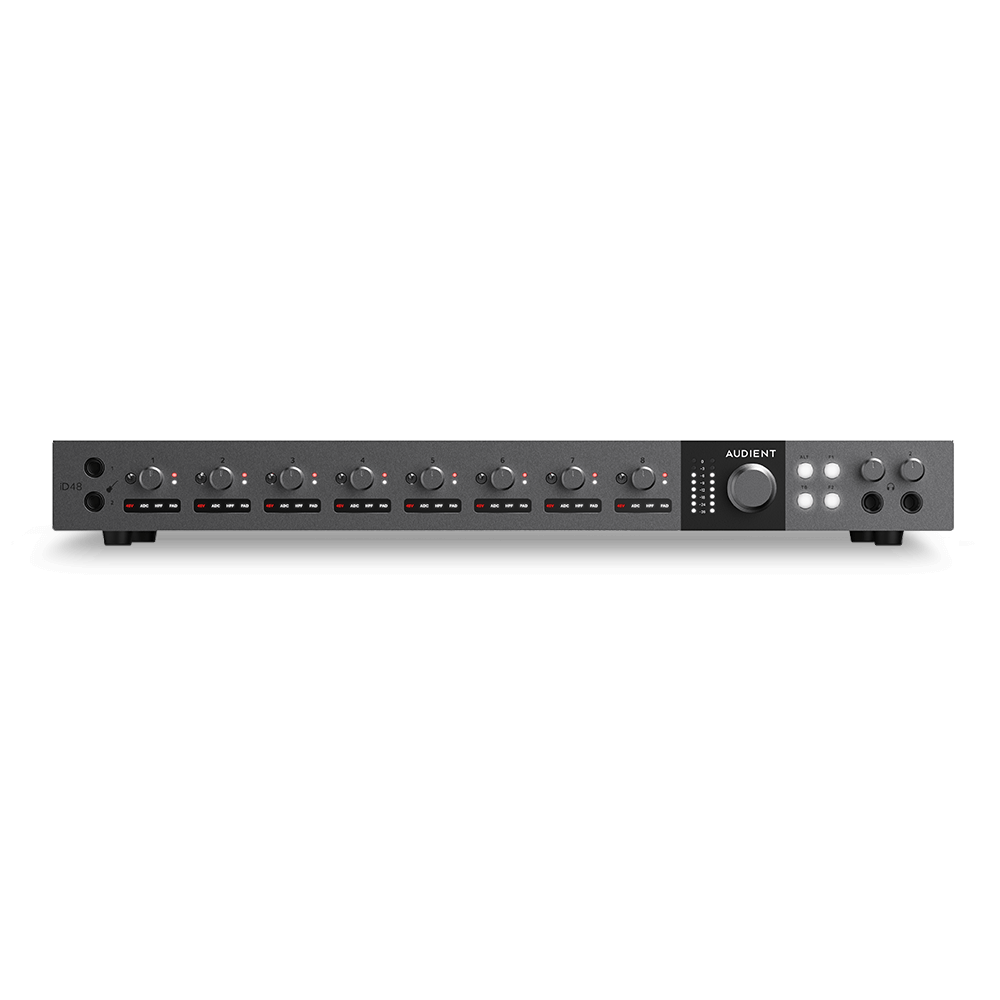
24in | 32out Audio Interface
-
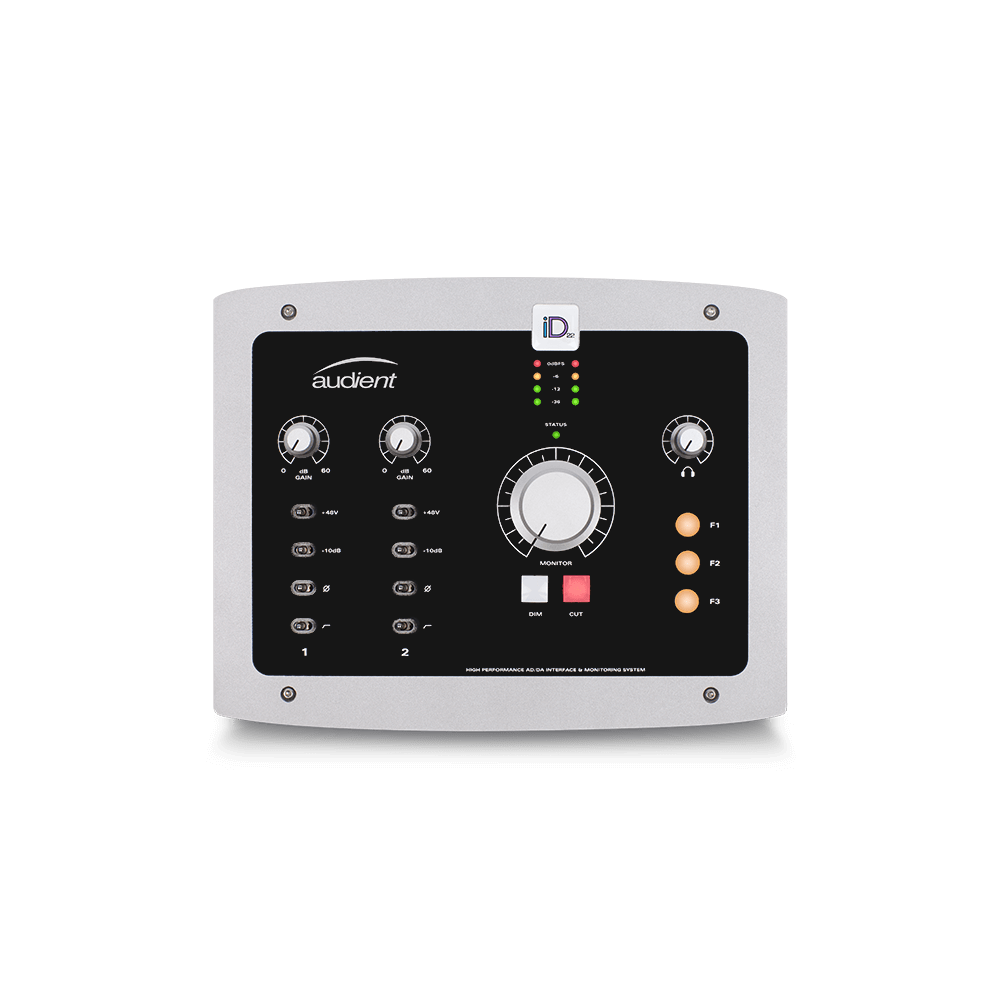
Interface audio 10 entrées - 14 sorties
-
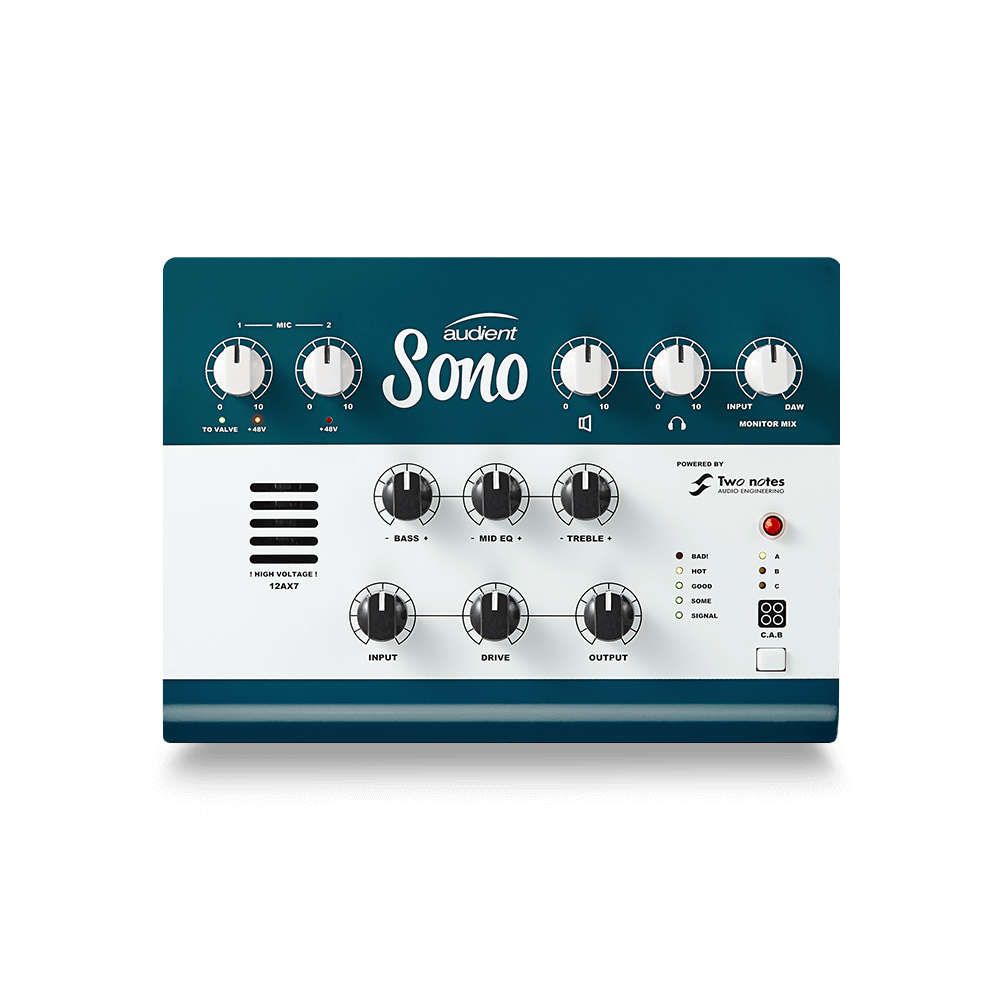
Interface audio 10 entrées - 4 sorties
-
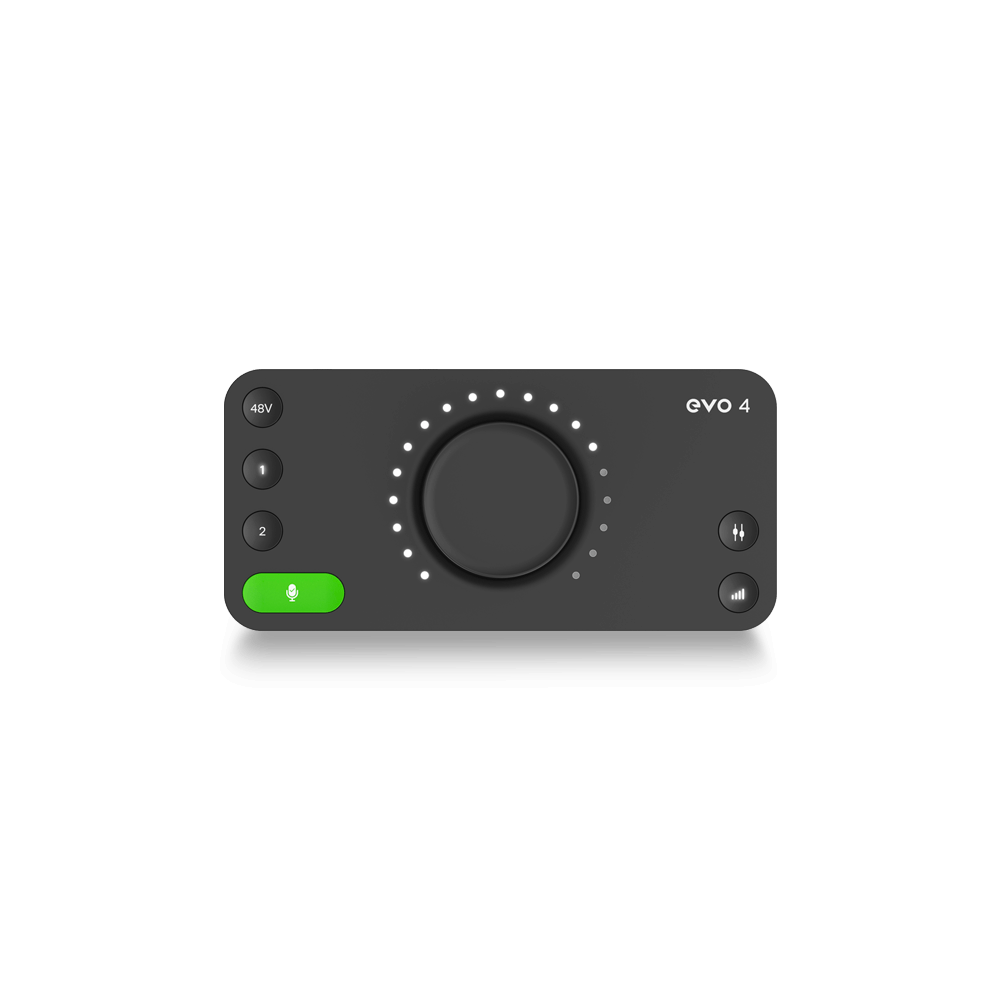
Interface audio 2 entrées - 2 sorties
-
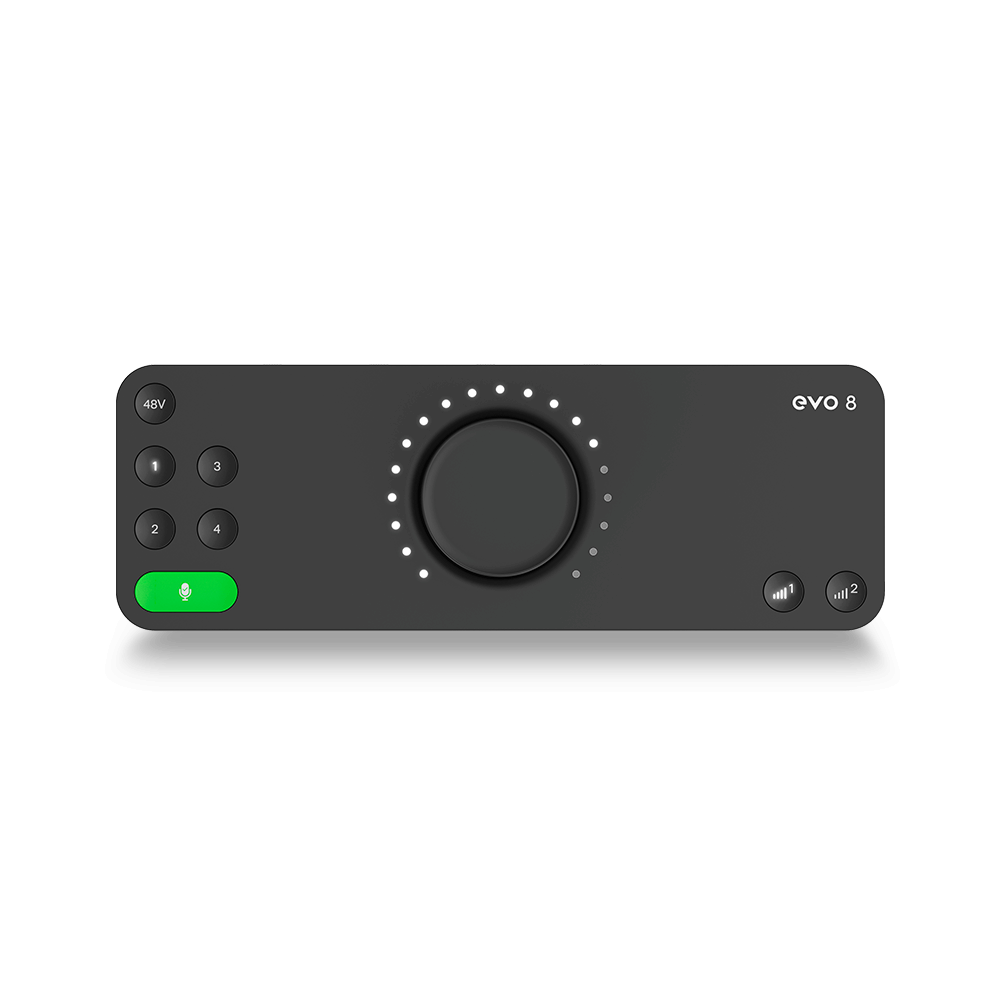
Interface audio 4 entrées - 4 sorties
-

24in | 24out Audio Interface
-
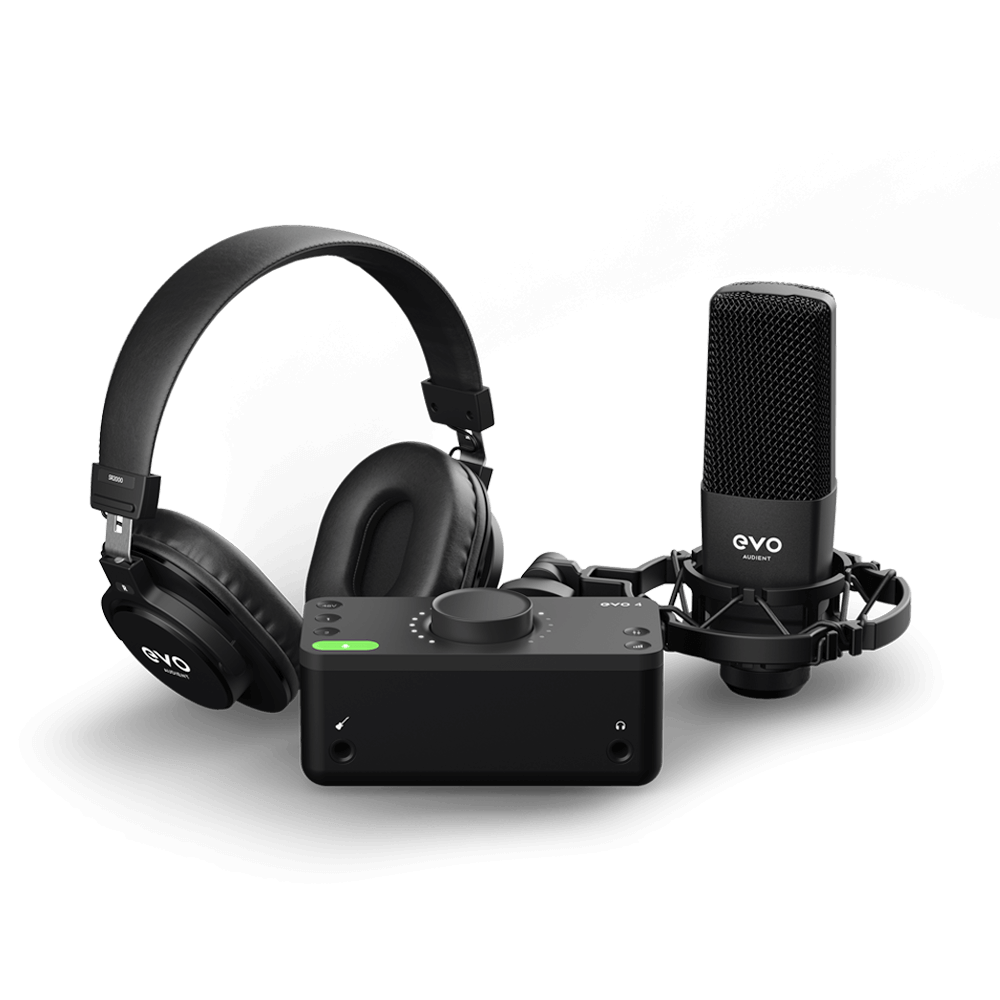
Tout ce dont vous avez besoin pour débuter l'enregistrement
-
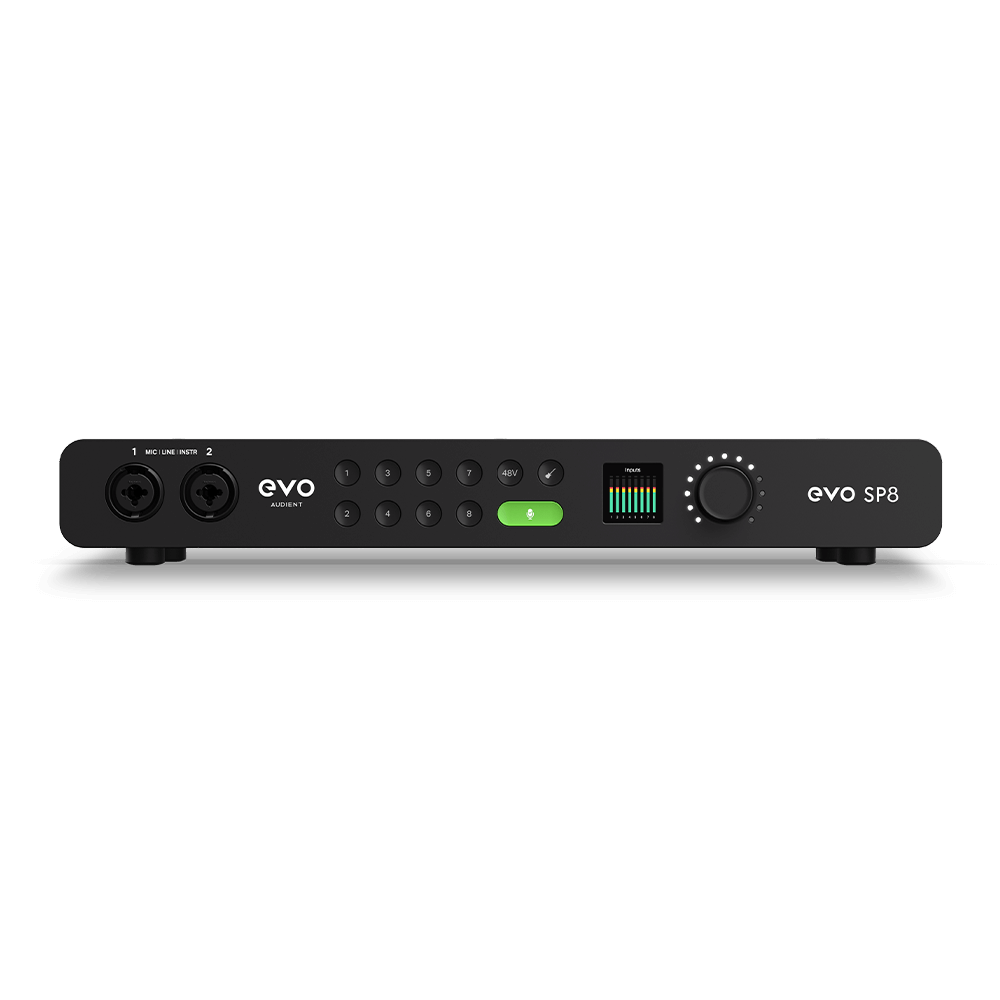
8 Channel Smart Preamp with AD/DA
-
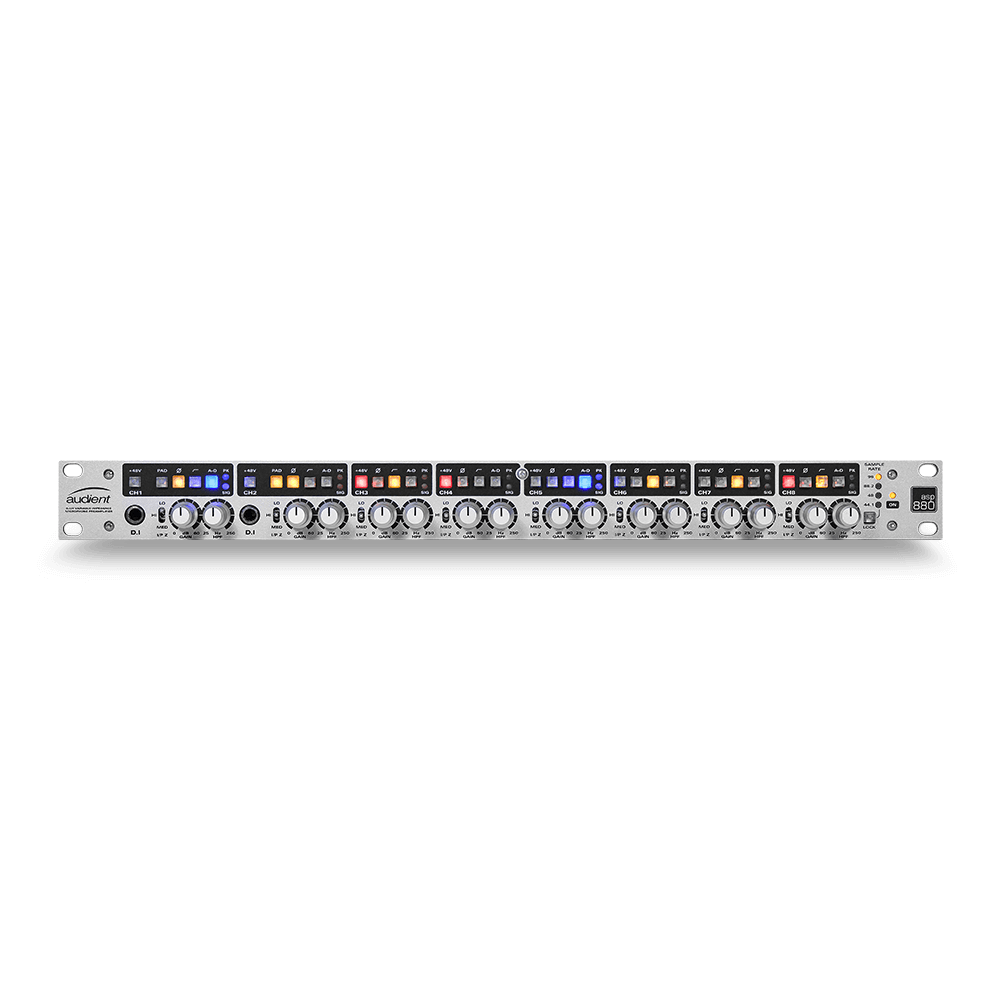
Préampli micro 8 canaux avec CA/N
-
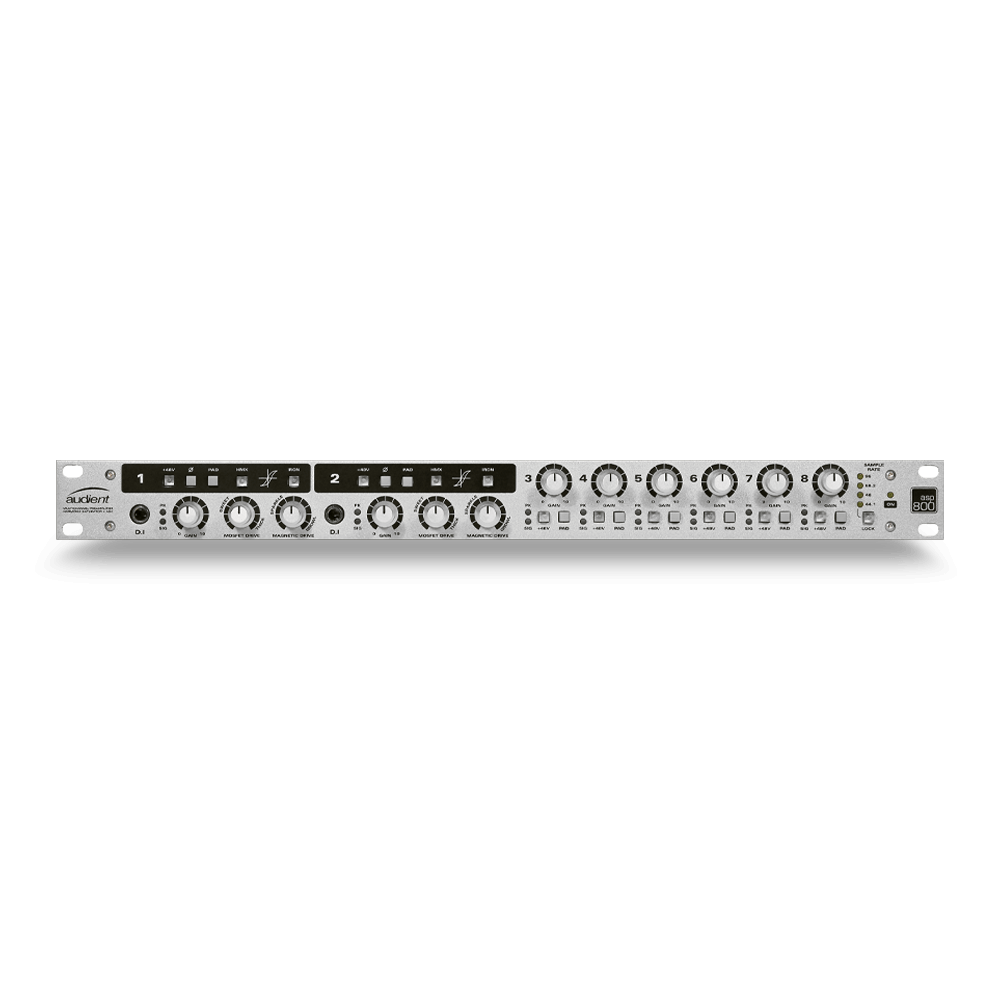
Préampli micro 8 canaux + Tone Control
-
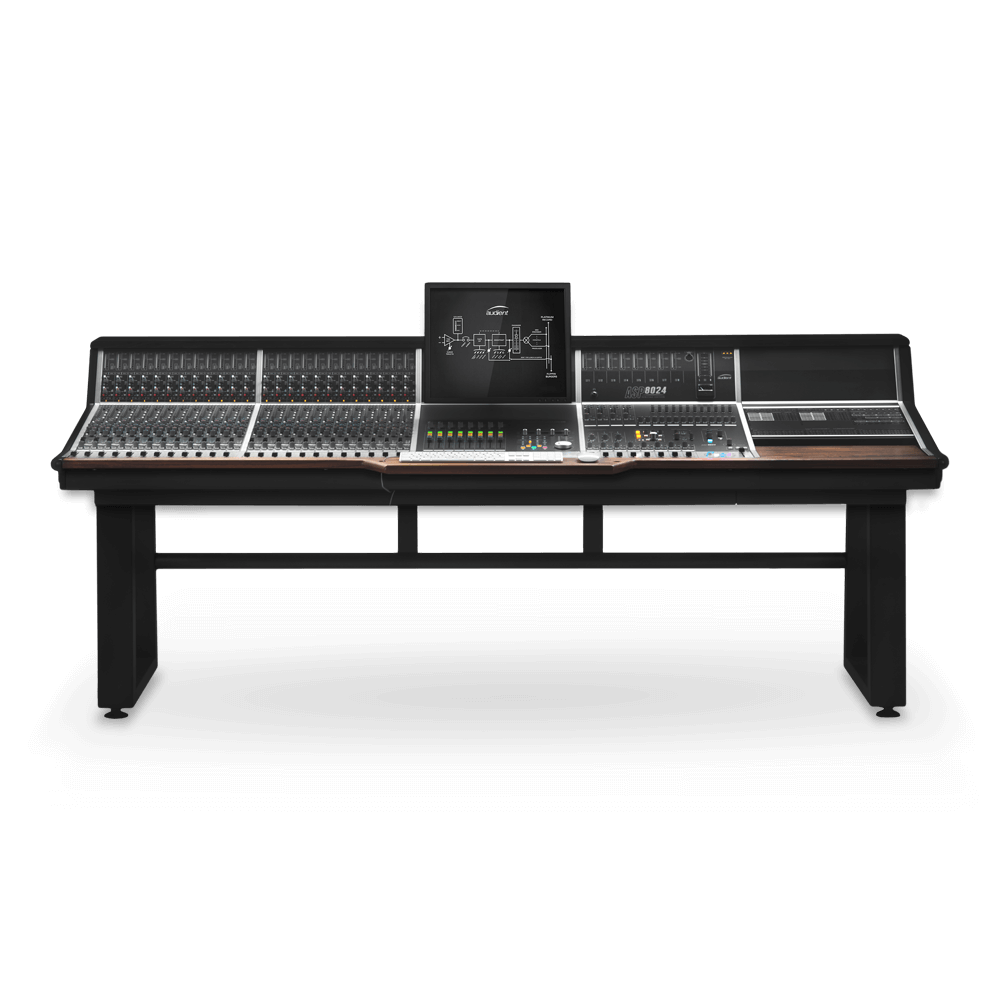
Console d'enregistrement analogique modulaire
-
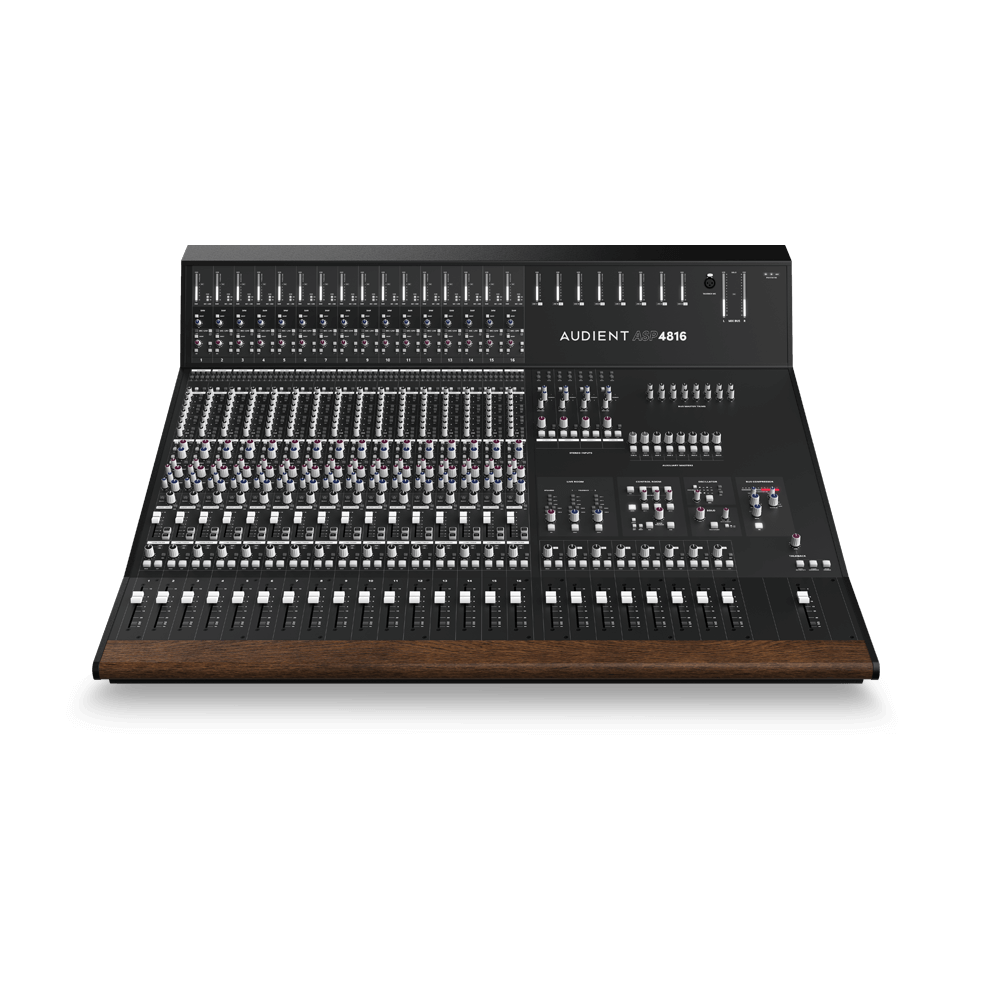
Small Format Analogue Recording Console
-
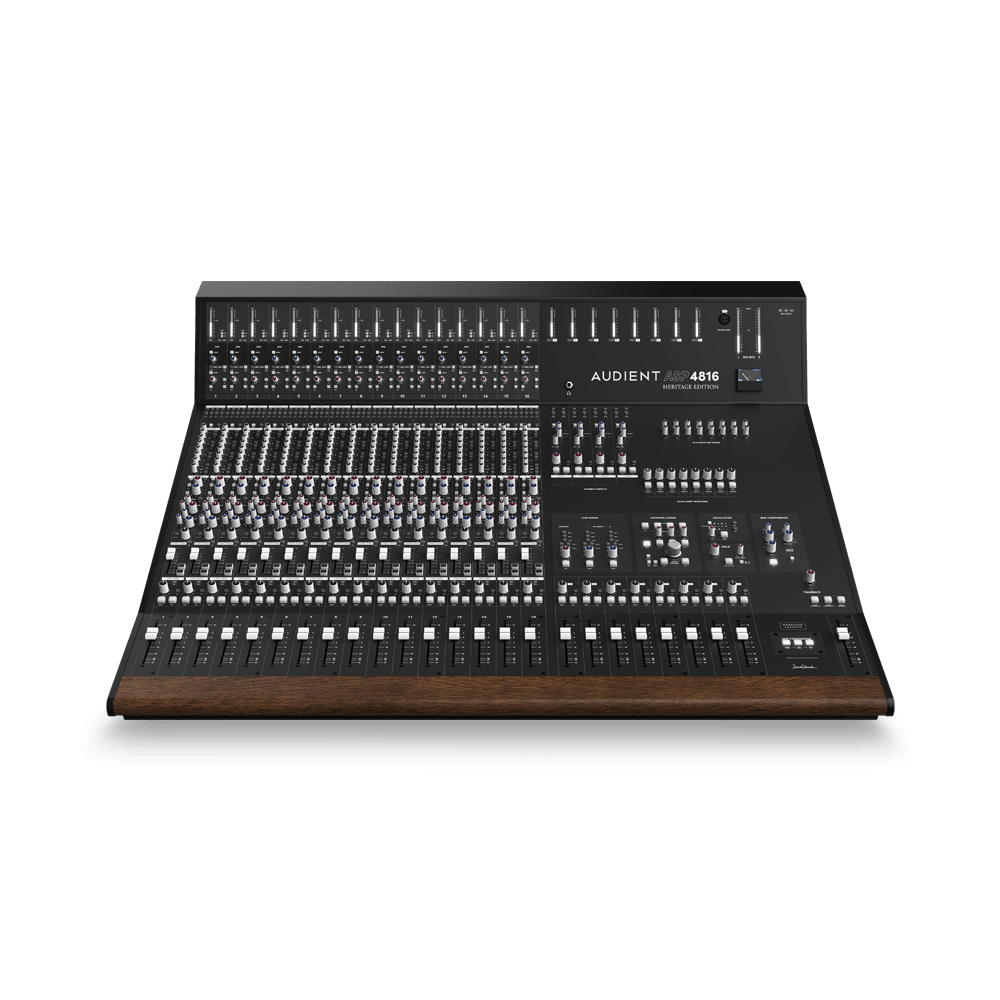
Small Format Analogue Recording Console
-
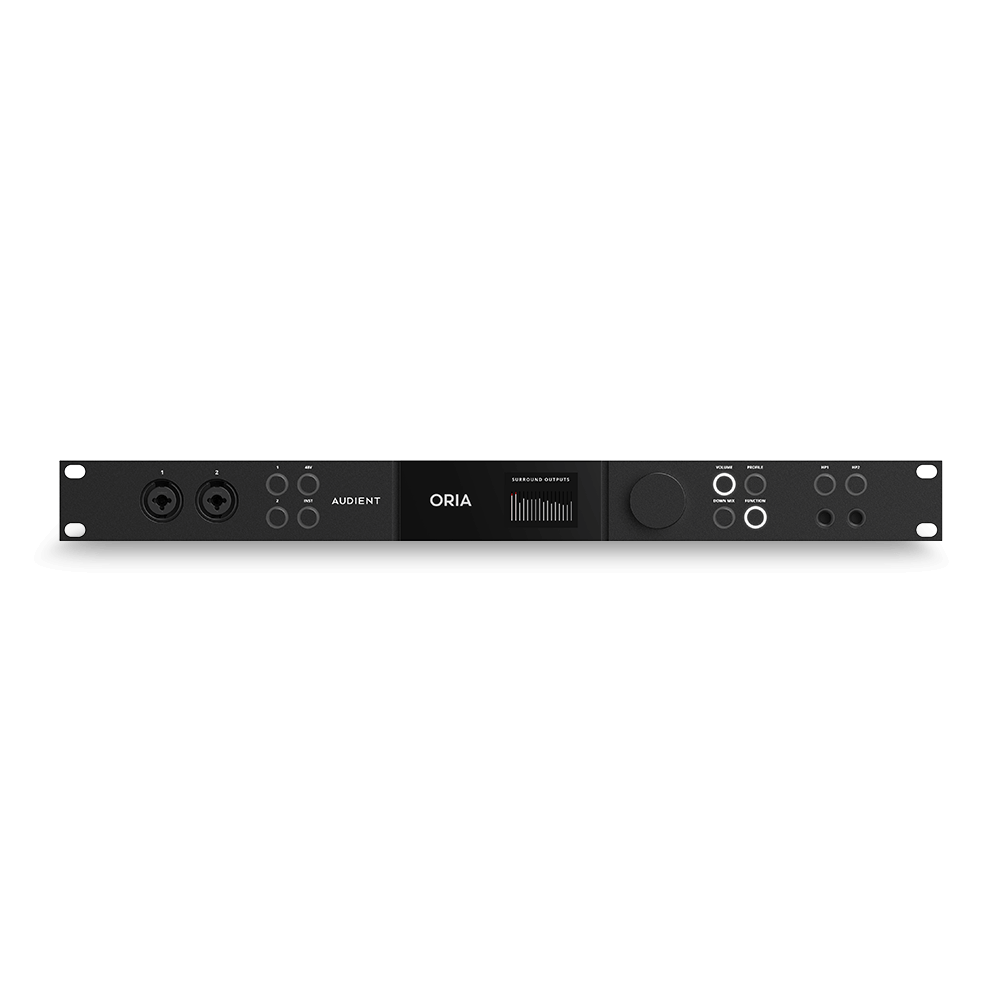
Immersive Audio Interface and Monitor Controller
-
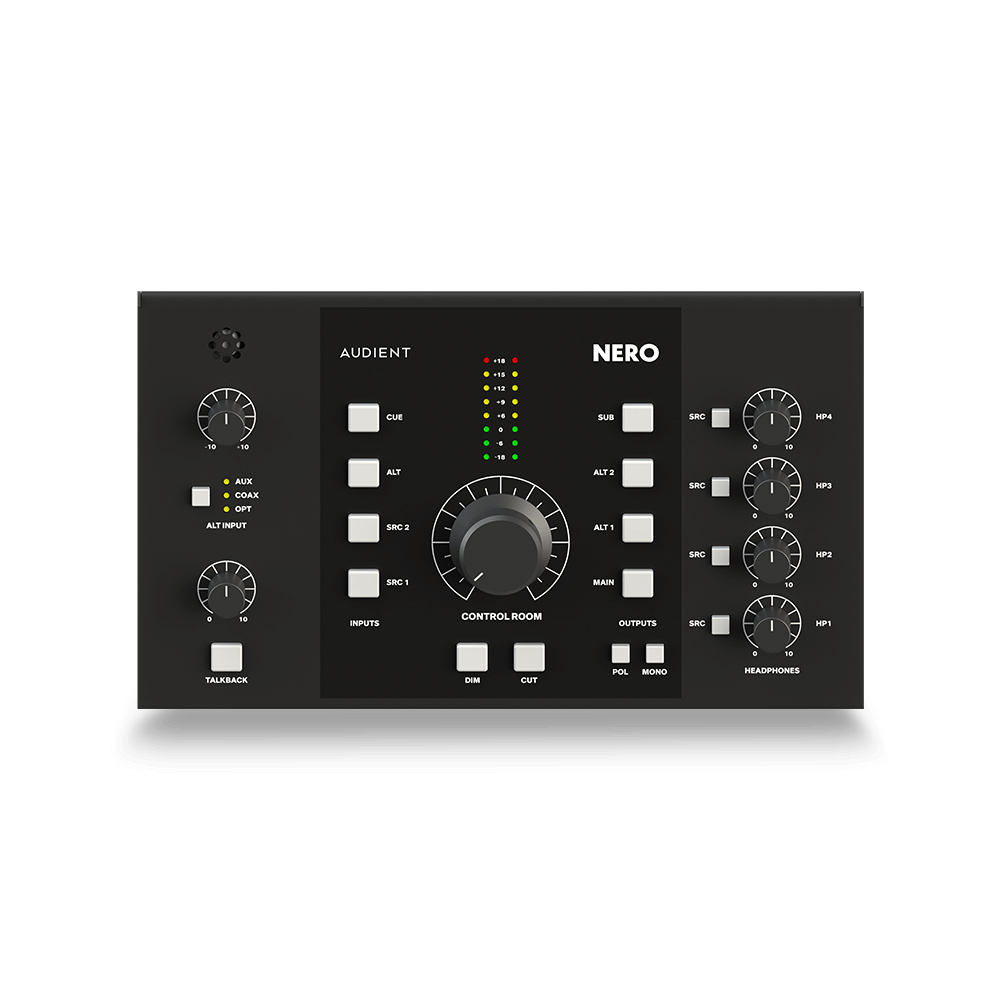
Contrôleur de monitoring de bureau
-
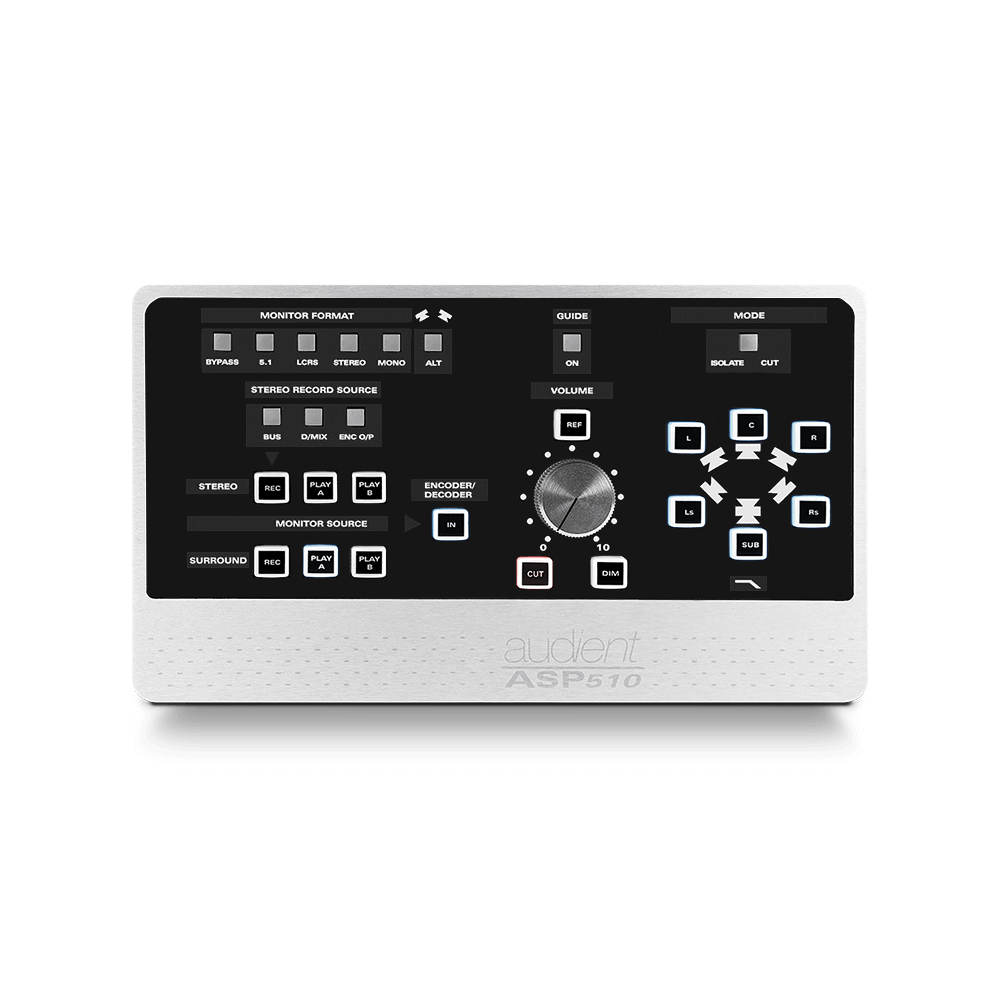
Contrôleur de monitoring multicanal
